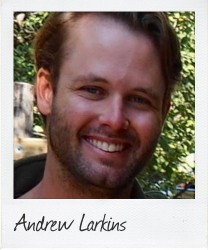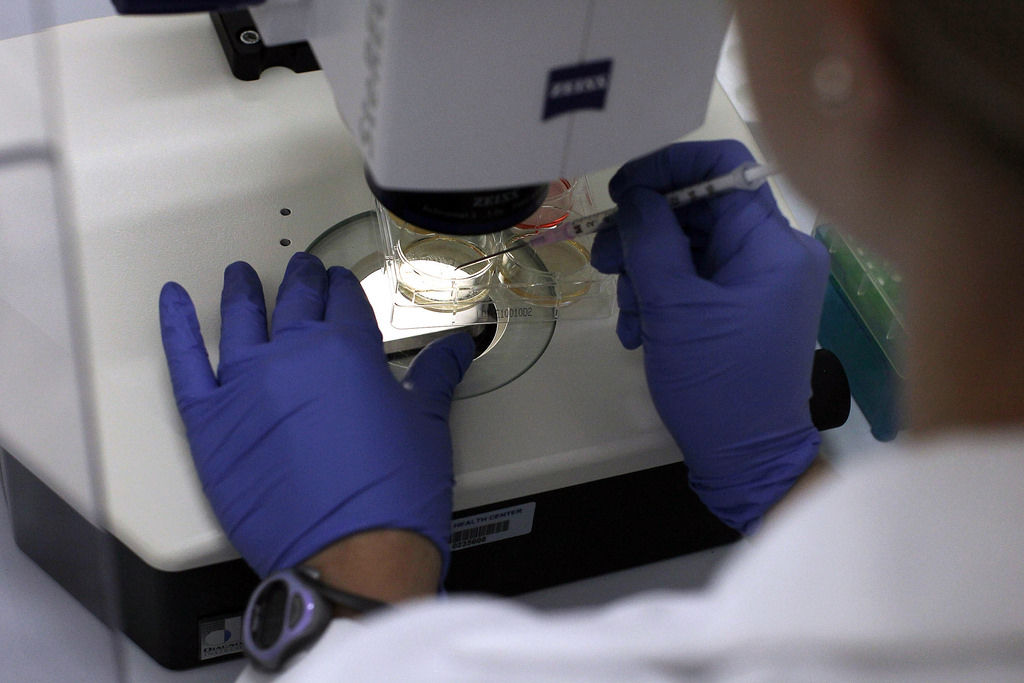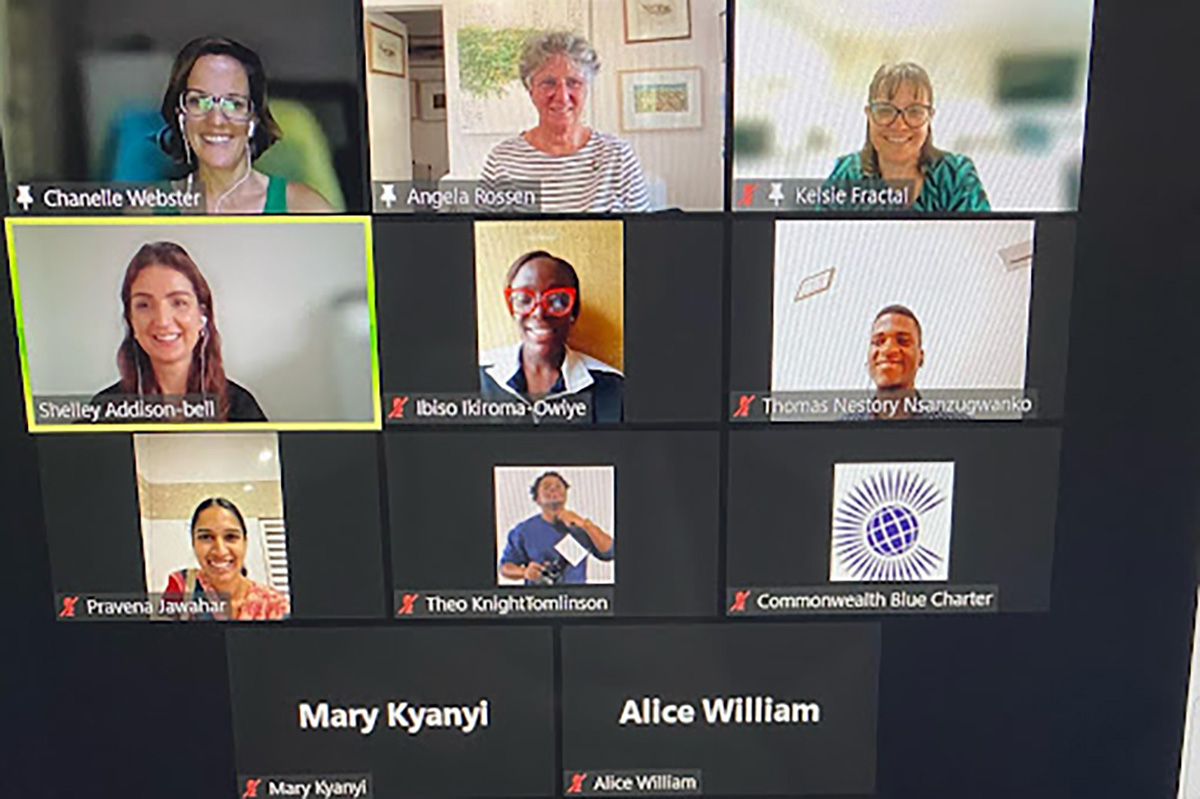“Little science: big science: no science?”
April 24 Public distrust of experts coupled with the anti-intellectual bias of Trump’s leadership in the USA poses a challenge for science, writes Andrew Larkins, 27, a Correspondent from Australia. Scientists and non-profits are pushing back against the trend.
Public distrust of experts coupled with the anti-intellectual bias of Trump’s leadership in the USA poses a challenge for science, writes Andrew Larkins, 27, a Correspondent from Australia. Scientists and non-profits are pushing back against the trend.
More than 20 years ago, Funtowicz and Ravetz wrote that “Science always evolves, responding to its leading challenges as they change through history.” I wonder how science will respond to its latest challenge?
With newly elected President Donald Trump leading one of the world’s most influential nations, nothing in this world is taken for granted. There was a time when science was the pinnacle of the modern age. The thoughts and recommendations of scientific experts were deliberated, discussed and judged based upon their merit. It appears that the experts are now under direct threat.
This threat is seen in the general public’s distrust of experts and the anti-intellectual movement. This has now been transferred to government with the appointment of Scott Pruitt, as head of the United States Environmental Protection Agency, and Rick Perry, as the Secretary of Energy. Both of these individuals have spent their lifetimes fighting against widely accepted conservation and climate change sciences. These are the very sciences that their offices are required to implement and uphold. We now see President Trump signing an executive order that will dismantle Barack Obama’s Clean Power Plan. Shaughnessy Naughton of 314 Action claims that, “science is under attack, and this administration is an example of that.”
With the current global political climate, how can the scientific community react? With the latest proposed budget revealing further cuts to science and the arts, it appears that the Trump administration is embracing the ever growing anti-intellectual culture.
314 Action is one way the scientific community can react.
314 Action is a non-profit organisation founded by members of the STEM (science, technology, engineering and maths) community, grassroots supporters and political activists. They believe that politicians in the United States continue to deny scientific facts and that Congress fails to fund scientific research to help solve social and environmental issues. They intend to leverage the goals of the greater STEM community to aggressively advocate combating the now all-too-common attacks on basic scientific understandings, research funding, and climate change.
Clear communication and working relationships with governments and the general public are indispensable. The ‘democratisation of information’ now allows anyone with access to the internet to become an expert in any field, choosing their data from wherever and whomever they please. The amount of information that each individual person now receives on a daily basis is astronomical. Social media and the internet are now responsible for people receiving a new level of news and opinion pieces every day. Not all of these opinion pieces are from trustworthy and reviewed sources. With the development of ‘fake-news’, the line between opinion and fact is becoming increasingly blurred in the public domain.
People now live in their own media bubbles; they choose to view whichever information will align with their own views. People backfire and entrench their beliefs in their own news narrative when they are presented with firm evidence for another case. People have forgotten the devastation caused by diseases such as polio, measles and mumps. Medical science and expertise were at the forefront of policy and public discussion in the 1960s as these diseases were tackled head on. This form of tangible scientific work gave the public trust in the scientists whose knowledge was being used for the good of the world. Currently no one knows who to trust.
Naughton believes that “we are not going to win this battle by signing polite letters. We are going to win by getting a seat at the table. That means getting people that have pro-science agendas and scientific backgrounds elected to all levels of government”. Will this new Trump administration provide a chance for scientists to force their way back in to the hearts and minds of everyday people? Time will tell and more groups such as 314 Action can only help the cause.
Reach me on Twitter @ALarkinsVet
Photo credit: lwpkommunikacio Őssejtkutatás via photopin (license)
………………………………………………………………………………………………………………
About me: I am a 27-year-old veterinarian from Australia. I currently work as a locum mixed animal vet in the UK and Australia, along with spending time volunteering with various veterinary charities. My interests lie in global health, animal welfare and food security. I am currently completing a Masters of One Health through the university of Edinburgh. Outside of this I love spending time in the water, playing sport and listening to music.
………………………………………………………………………………………………………………
Opinions expressed in this article are those of the author and do not necessarily represent the views of the Commonwealth Youth Programme. Articles are published in a spirit of dialogue, respect and understanding. If you disagree, why not submit a response?
To learn more about becoming a Commonwealth Correspondent please visit: http://www.yourcommonwealth.org/submit-articles/
………………………………………………………………………………………………………………




